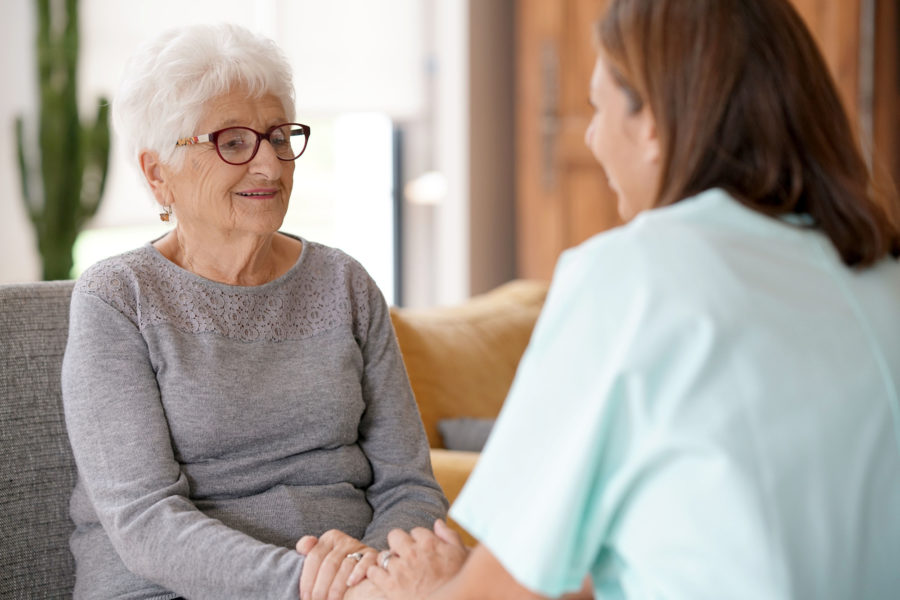Stroke Recovery Stages: Steps to Take to Recover After a Stroke
 Recovery from a stroke is a long and difficult process. If you or your loved one has suffered from a stroke, make sure to check out these five steps to take in the stroke recovery stages.
Recovery from a stroke is a long and difficult process. If you or your loved one has suffered from a stroke, make sure to check out these five steps to take in the stroke recovery stages.
It may also help you to find support from others who are recovering from a stroke to speak to about these stages and any challenges that may occur.
Aphasia or the difficulty of expression through speech and language is a common effect of a stroke. You can find out more about aphasia, how to help your loved one, and donate to the aphasia charity in the UK for more information.
Recovering From Stroke: Effects of A Stroke
The effects of a stroke depend on where in the brain the stroke took place. This can lead to different effects on each person.
Some effects of a stroke can include: aphasia, as mentioned above, effects in movement and balance, sensory problems, thinking and communicating problems, and other physical problems.
These effects are usually temporary, some lasting longer than others. These effects are how therapists measure stroke recovery signs.
Stroke Recovery Stages
Recovering from stroke comes in many stages: emotional, mental, and physical.
Let’s look closer into each one of these stroke recovery stages.
Emotional
There can be emotional challenges when recovering from a stroke. Sometimes this is referred to as emotionalism. This means that the person in recovery may have a harder time controlling their emotions.
Because this can be a challenge, it is important to have a support system around the stroke survivor, and for them to feel like they can reach out for help when needed.
Mental
This stage in recovery is extremely important as it can be connected to all three stroke recovery stages.
Stroke is a trauma to the brain. The brain can recover, but anything related to communication, aphasia, in particular, occupational therapy, and movement needs to be tracked in the recovery process.
Physical
Some stroke survivors have more physical challenges than others. But, as mentioned above, the brain can recover.
The mental recovery goes hand in hand in the physical recovery. Skills such as walking, talking, and moving your hand can be learned with the help of an occupational and physical therapist.
For all these stages of recovery, it is important to keep a good record of the progress, and any regression. it is important to remain positive and to surround you and you’re loved one with a support system.
The National Brain Appeal: Aphasia Charity
The National Brain Appeal is working tirelessly in establishing the Aphasia Charity. This charity was founded to help the 53,000 UK based adults who suffer from aphasia in the stroke recovery stages.
This charity is built to help them throughout their recovery and their loved ones find support.
You can find out more about what aphasia is, and more about the stroke recovery stages at the Aphasia Charity homepage.